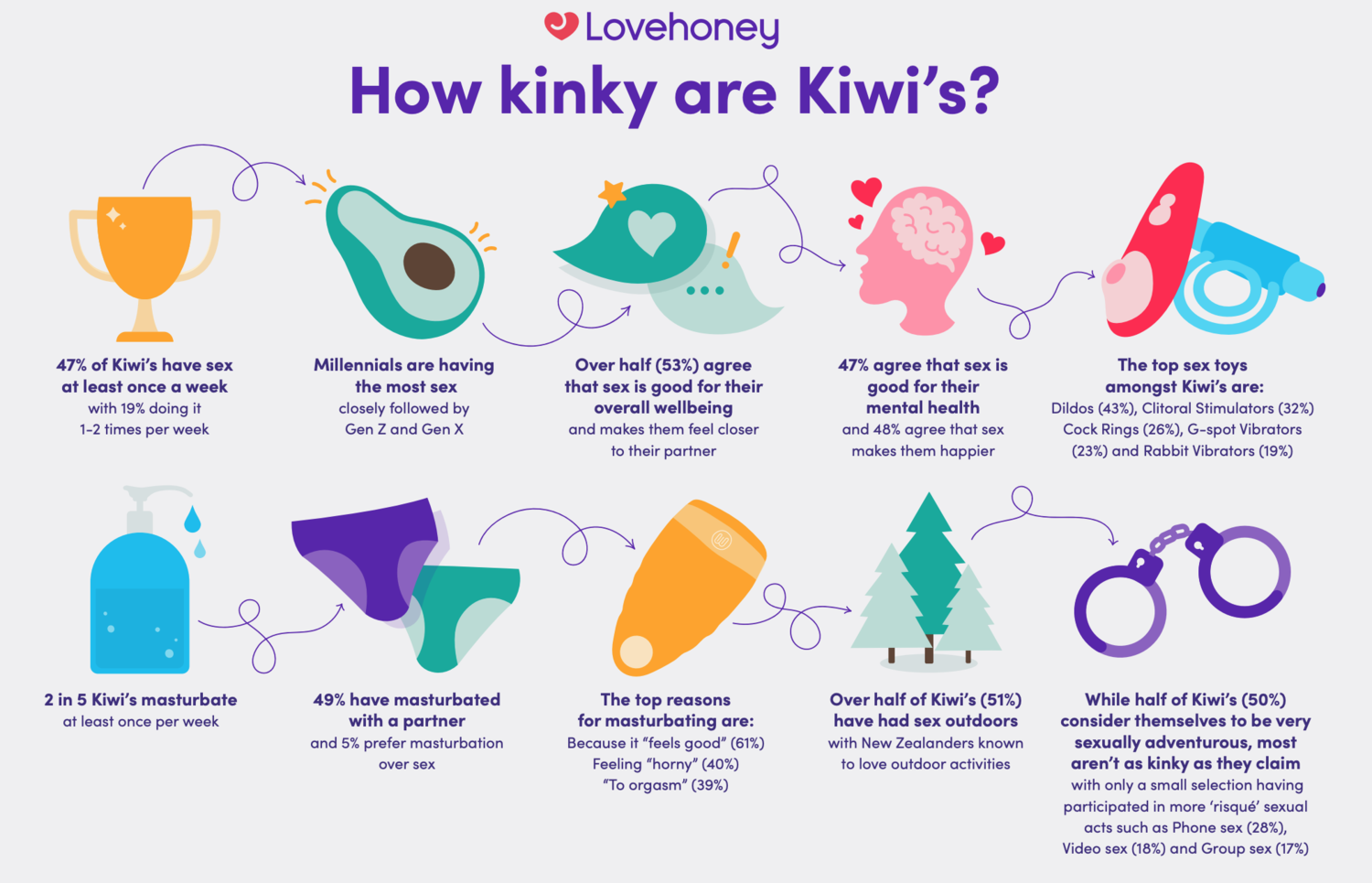
New Zealand’s Budget Falls Short on Mental Health Funding Commitments
In a unsurprising turn of events, the Luxon-led Government’s latest budget has left New Zealand’s mental health community reeling. Despite previous promises, no new funding has been allocated for additional psychiatry training places, a critical need amid the country’s growing mental health crisis.
Before the election, National Party’s then-spokesperson for mental health, Matt Doocey, assured the public that 13 new psychiatry registrar positions would be funded. Today, psychiatrists are questioning why this crucial promise was omitted from the budget.
Dr. Hiran Thabrew, Chair of Tu Te Akaaka Roa, the RANZCP New Zealand National Committee, expressed deep disappointment. He highlighted that despite recognizing the severe shortage of mental health professionals and the rising mental health issues, Minister Doocey and the government have not taken the necessary actions.
“Our mental health system is in crisis. Every day, people experiencing serious mental health or addiction issues are falling through the cracks,” Dr. Thabrew said. He emphasized the economic shortsightedness of delaying mental health care, noting that untreated conditions worsen, become more challenging to treat, and ultimately cost more in the long run.
A recent ASMS report revealed alarming statistics: in 2022-23, approximately 329,000 adults and 55,000 children had unmet needs for Mental Health and Addiction services. This is a significant increase from previous years, underscoring the urgent need for more support and resources.
Although the budget does allocate $24 million for Gumboot Friday’s counselling services, Dr. Thabrew argues that it doesn’t address the severe workforce shortages in the mental health system. “People with moderate to severe complex mental illnesses are at the greatest risk due to lack of support for specialist mental health services and the workforce that makes them,” he said.
On a slightly positive note, Tu Te Akaaka Roa and RANZCP cautiously welcomed a few budget commitments, such as $9.72 million for a national Mental Health and Addiction Community Sector Innovation Fund, $8.5 million over four years to increase medical school funding, and $1.09 billion from 2024-28 for disability support services under Whaikaha – Ministry of Disability.
However, Dr. Thabrew insists that these measures are not enough. “With dedicated and ongoing funding to grow our specialist mental health and addiction workforce, we can provide life-saving support to people with mental illnesses and addiction issues, reduce strain on our workforce and public health systems, and empower New Zealanders to lead fulfilling lives.”
He called on the government to clarify when and how the promised psychiatry training places would be funded, expressing hope for future collaboration with Minister Doocey and the Coalition Government to address these critical issues.
For further information or media inquiries, contact Dishi Gahlowt at +61 437 315 911 or [email protected]. For more expert mental health information, visit the RANZCP’s consumer health information website, Your Health in Mind.
If you or someone you know needs help, contact Lifeline NZ at 0800 543 354 or visit www.lifeline.org.nz. You can also reach the Suicide Crisis Helpline at 0508 828 865 or visit www.lifeline.org.nz/suicide-prevention.







